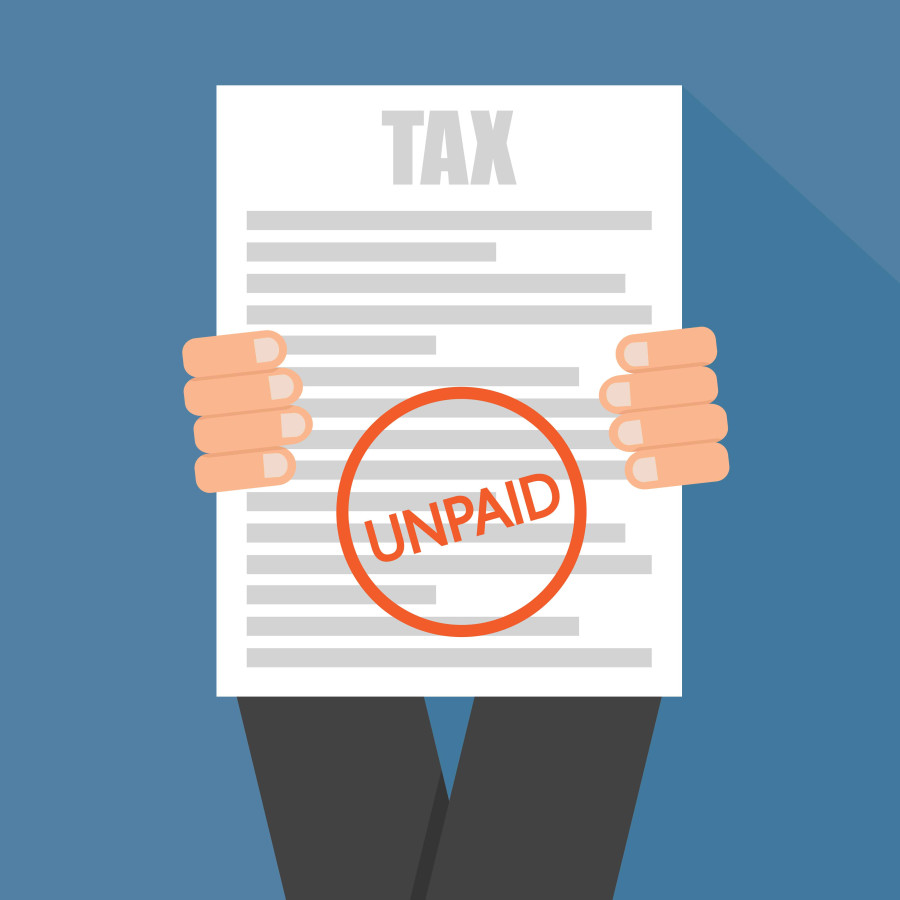Money
Kumari Chowk Office moves to recover government dues
It needs to get back Rs2.24 billion in unpaid royalties, taxes and loans from 115 firms and individuals after they flouted its latest ultimatum to pay up.
Prithvi Man Shrestha
The Kumari Chowk Office has called in reinforcements to recover outstanding dues owed to the government by various firms and individuals after they flouted its latest ultimatum to pay up.
The agency, which reviews government accounts under the Office of the Auditor General, requested the federal, provincial and local governments for help to get back more than Rs2 billion in unpaid royalties, taxes and loans.
The move came after the 115 delinquent firms and individuals disregarded a 35-day ultimatum issued to them on February 17. The names of the debtors and their ancestors going back two generations were also published in the final notice.
On March 24, the office duly wrote to the ministries of the federal, provincial and local governments to help it recover the dues which had piled up for several years.
Casino owners account for most of the outstanding payments.
“The amount that we are trying to recover is Rs2.24 billion,” said Rabi Chandra Aryal, information officer at the Kumari Chowk Office.
“As per the regulations to the Financial Procedure and Fiscal Accountability Act 2019, we have informed the relevant government offices to make any payment to the firms or individuals who owe money to the government only after deducting their liabilities.”
The circular will enable the offices under all three tiers of government to deduct the outstanding dues before making any payment to the firms and individuals, said Aryal.
An ultimatum had also been issued in March last year, but the Covid-19 pandemic forced the office to put the process on hold.
As per the notice, Rakesh Wadhwa, fugitive owner of Nepal Recreation Centre, owes the highest amount of Rs793.90 million. The company owns around 3.5 ropanis of land and a house at Kalimati.
Nepal Recreation Centre used to operate four casinos—Casino Nepal housed at the Hotel Soaltee Crowne Plaza, Casino Anna at the Hotel Annapurna, Casino Tara at the Hotel Hyatt Regency and Casino Everest at the Hotel Everest—all of which have shut down.
In June 2011, the government annulled the operating licence of Nepal Recreation Centre after it failed to pay taxes and royalties owed to the government.
Piyush Bahadur Amatya, chairman of The Fulbari Resort & Spa, has outstanding payments amounting to Rs366 million.
Radhe Shyam Saraf, chairman of the Hotel Yak & Yeti that houses Casino Royale, owes Rs176.20 million to the government.
Surendra Bahadur Singh, operator of mini casinos under the name Happy Hour, owes Rs102.87 million; and RD Tuttle, who opened Nepal’s first modern casino, Casino Nepal under Nepal Recreation Centre, owes Rs1.19 million.
The government’s auditing office has also named three petroleum exploration companies—US-based Texana Resources Company, US-based BBB Champion and Dubai-based Emirates Associated Business Group—for not clearing their dues.
According to the notice, Texana Resources Company of Texas has Rs150.40 million in outstanding dues. According to the office, the US-based company, whose oil exploration contract was terminated in 2015, has been marked for non-payment of applicable taxes.
BBB Champion owes Rs16.57 million and the Emirates Associated Business Group owes Rs30.35 million in dues to the government.
The government had scrapped the petroleum exploration licences of all these foreign companies approved to dig for oil in Nepal in 2015.
“As per the request of the Industry Ministry, we decided to include these foreign companies in our list of tax defaulters,” said Aryal.
There are also many construction firms with payments due to the government. According to Aryal, most of them received more money than what the government owed them for various construction jobs.
Among the defaulting individuals are borrowers from government offices who didn't repay their loans.
“Before the Employees Provident Fund was established, there was a tradition of government employees getting loans from the offices where they served,” said Aryal. “But the employees didn’t repay those loans which resulted in dues.”
As per Section 49 of the Financial Procedure and Fiscal Accountability Act, the office is responsible for recovering government dues in cash or kind after the concerned government offices make a request.
As per Section 49 (3) of the law, this office can try to recover the dues through the provincial and local governments if that approach helps to get back the money.
Based on this provision, the office has also written to the provincial and local governments for the recovery of the unpaid amounts. Section 49 (8) of the law says it is the responsibility of every government office to help recover the dues once the office asks for help.
The office said it had not set any specific target for debt recovery. “Our effort will be to recover as much as possible,” said Aryal.




 9.83°C Kathmandu
9.83°C Kathmandu















